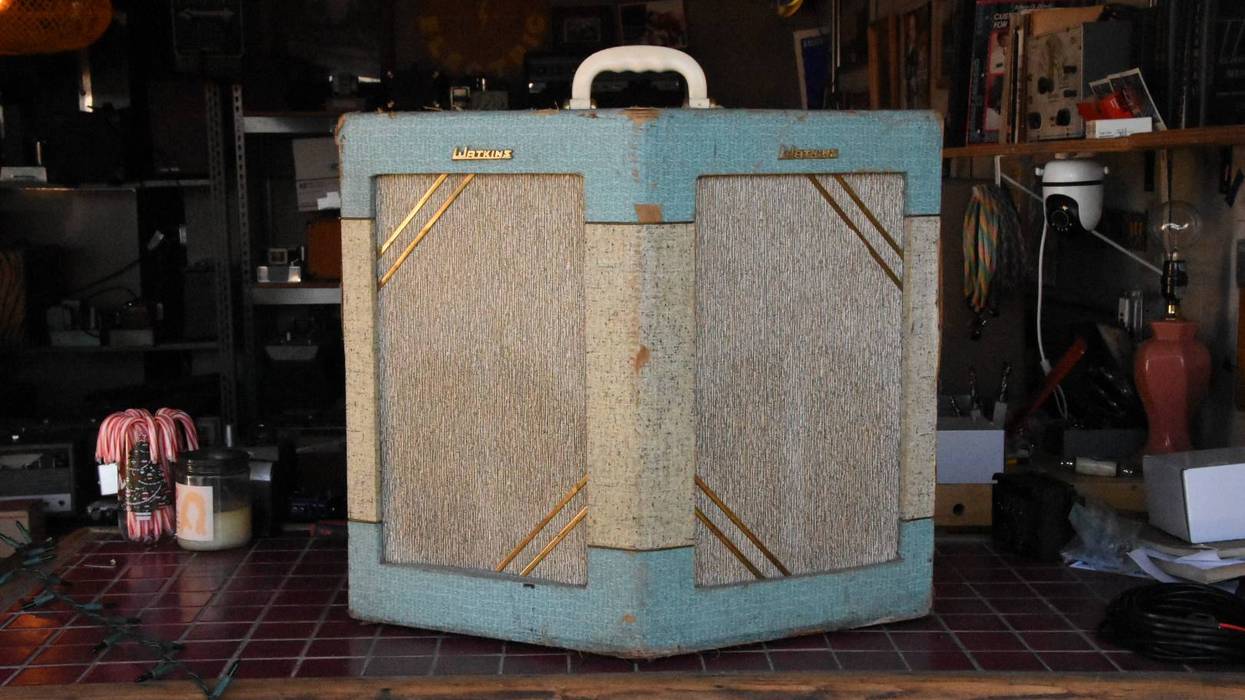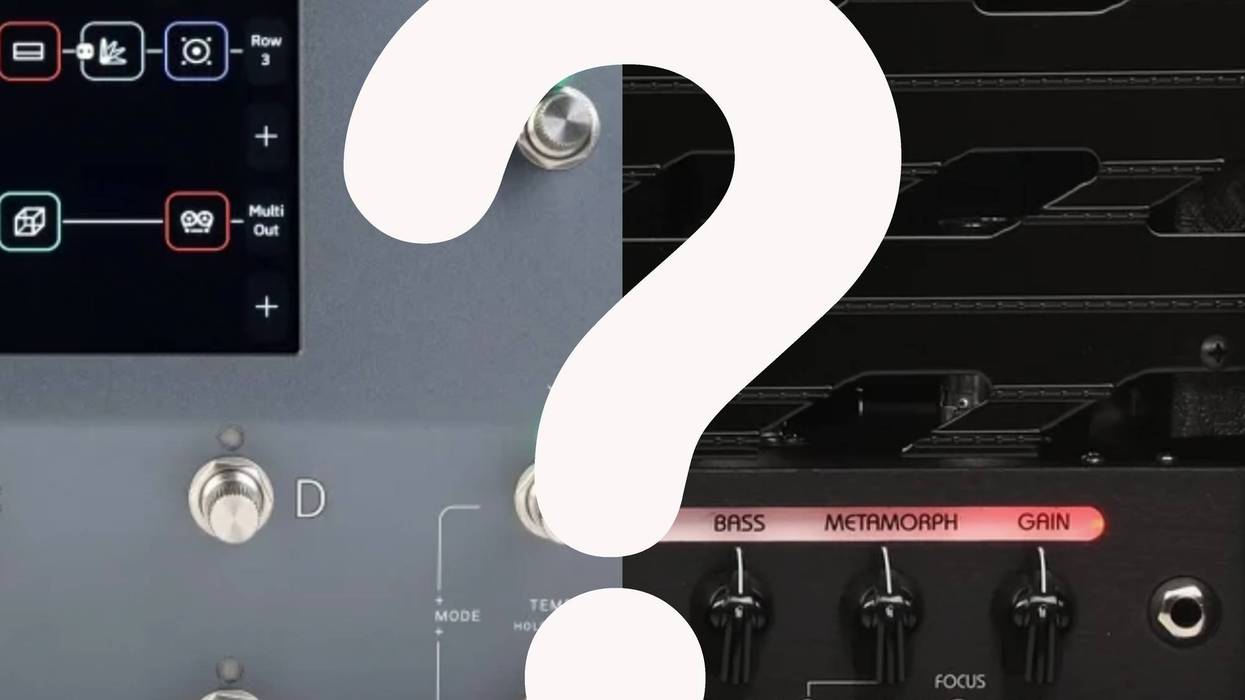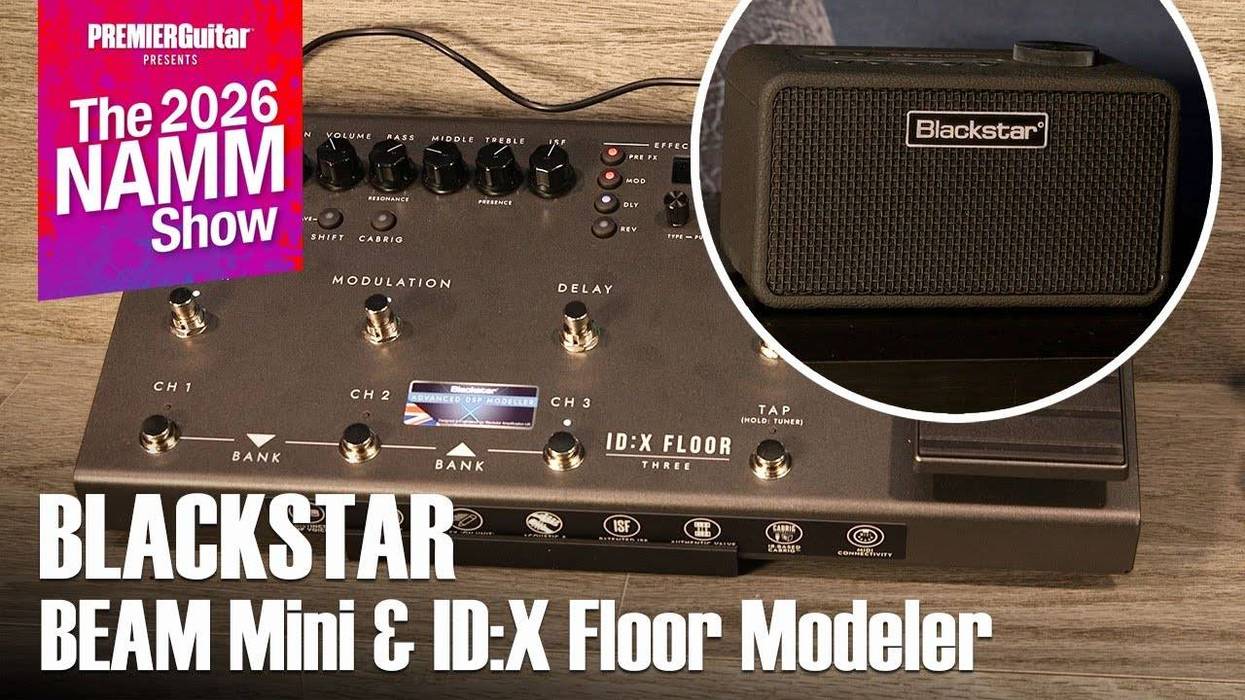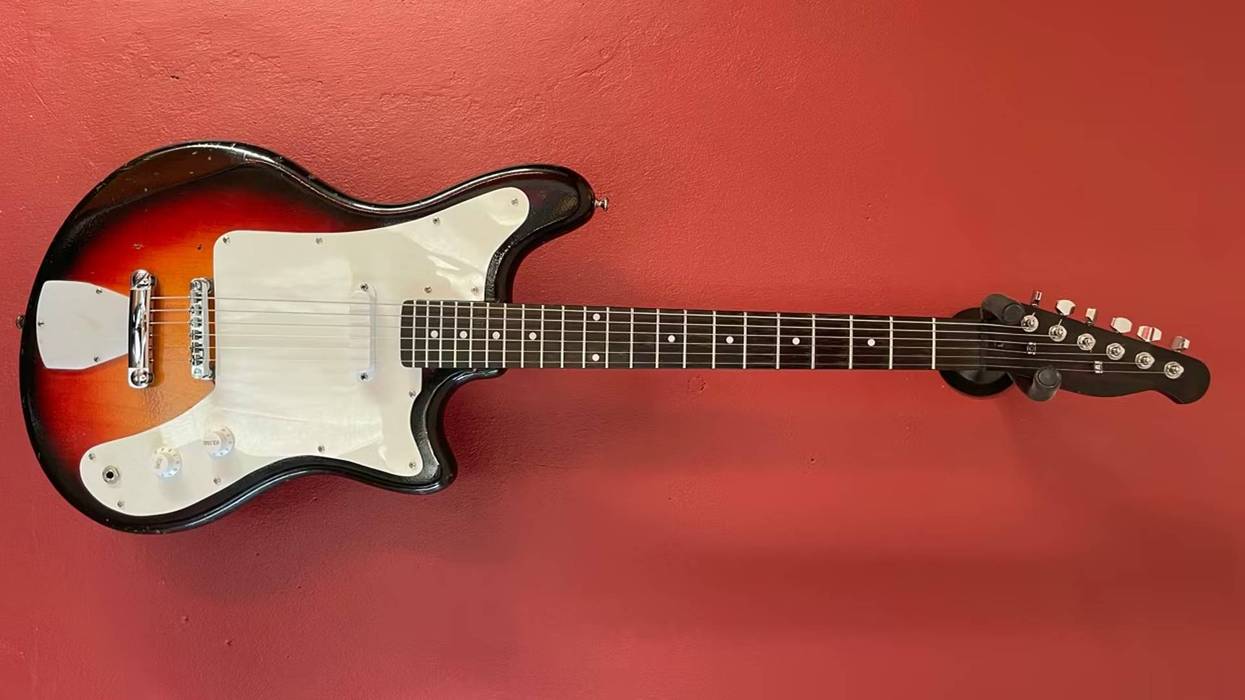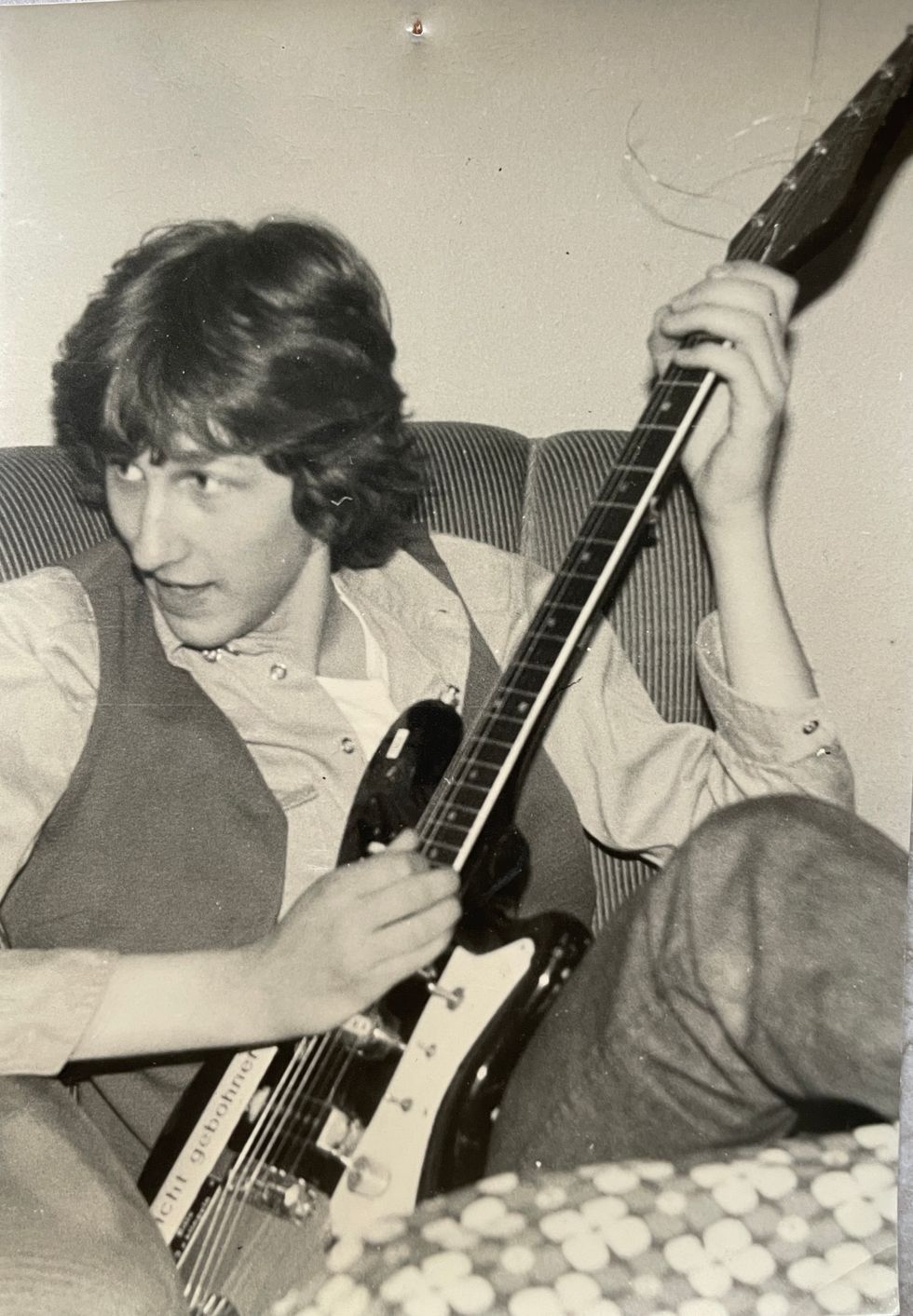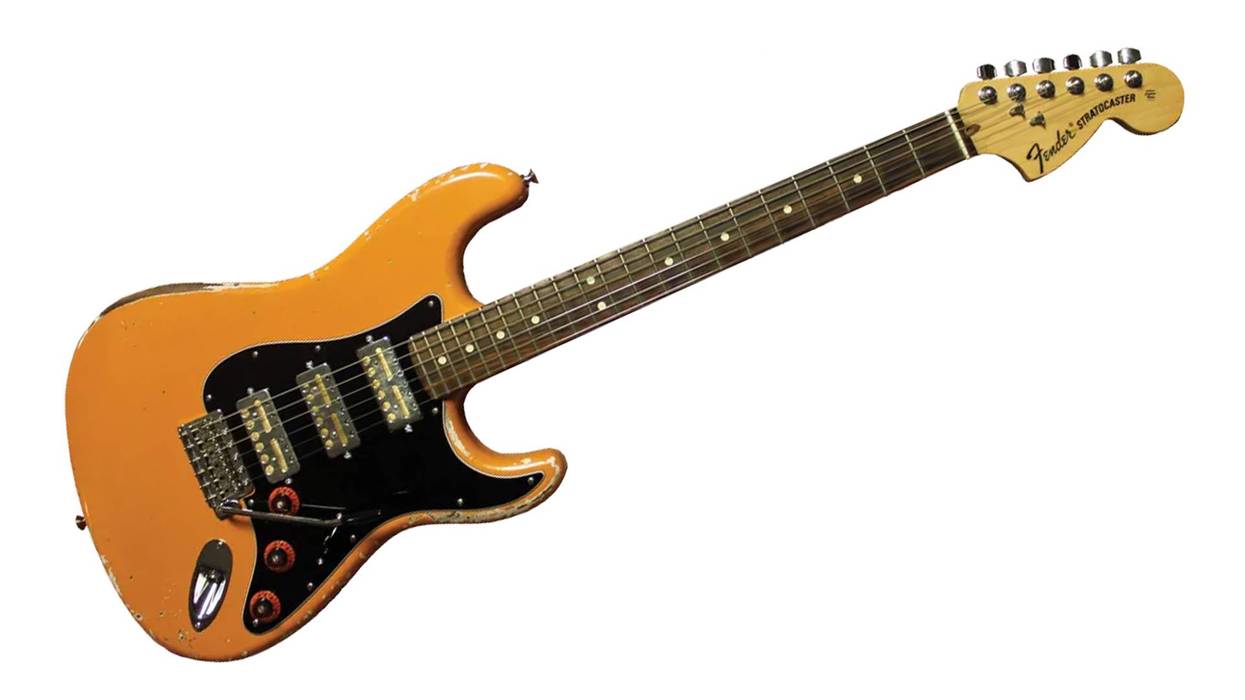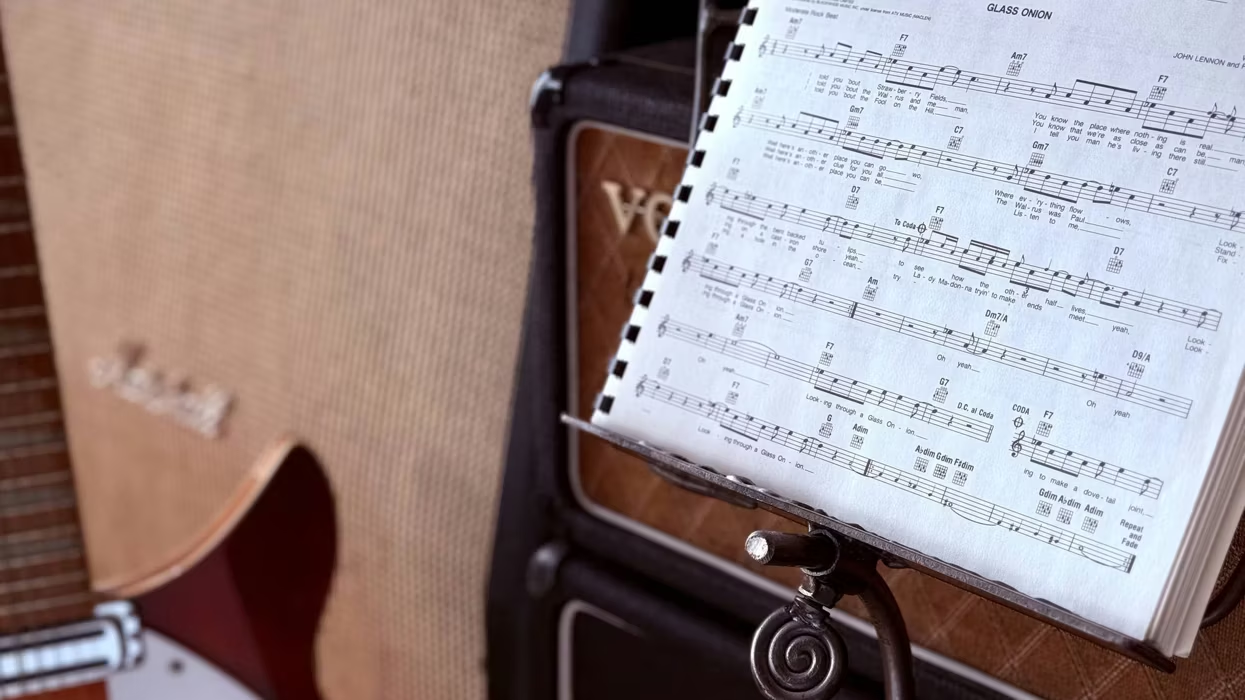I've been a Pretenders fan since junior high, so I immediately read Chrissie Hynde's Reckless: My Life as a Pretender the week it hit the stands. She chronicles a devil-may-care girl hurling herself into a harrowing world of drugs, bikers, and rock 'n' roll to fulfill a hazy hunch that greatness, or at least adventure, awaited outside of early '70s Akron, Ohio. Reading it is like watching a child run with scissors.
Hynde's saving grace is her ability to pretend she knows what she's doing, applying a fake-it-'til-you-make-it strategy. Her affinity for dangerous choices combined with her figure-it-out-when-we-get-there game plan made her groundbreaking success as surprising as her ability to remain alive while peers dropped dead around her. You had to be tough to make it in the mid-'70s London punk/new wave scene. To do it as a female you had to be bullet proof, or at least convince others that you were.
I was lucky enough to work with Hynde a few years ago when she recorded a song I co-wrote with my buddy Paul Allen, the co-founder of Microsoft and leader of the band Paul Allen and the Underthinkers. I'm not easily starstruck or intimidated, but I doubled down on both around Hynde. Her aloof badass-ery made me nervous. She reduced me to a stuttering teen unable to wipe a stupid grin off my face. I've been accused of being ageist when it comes to dating (or marrying), but I would have happily signed on to be her boy toy, never mind that she's 64. What was the source of her magical power? Confidence.
I'm not sure where confidence comes from, but it seems like there are two types of confident people. Type #1 have confidence rooted in ability, preparedness, superior genes, education, or a winning track record. Type #2 have confidence based on nothing but an innate faith in their indomitable spirit. These people just believe they can, and often end up being right.
Hynde possesses the second kind of confidence. A passage about living in Mexico during her early 20s explains at least part of the genesis of her steely nerves. Hynde learned how to protect herself from the packs of wild dogs that terrorized the pueblo.
Bend down. Pick up a handful of stones, look like you mean business, and lunge toward them. If there are no stones around, do it anyway. The dogs will take off.
That's kind of a good one to know metaphorically, too… Confidence is usually a bluff—if you're lucky you might have it, but frankly nobody will know the difference.
It took me a long time to understand the bluff. As a kid, bluffing felt like lying, and I was locked into the honesty-is-the-best-policy mindset. Eventually I learned that sometimes you have to convince people that your hand is stronger than it is. That's where the bluff comes in. Have to perform a song you don't really know? Act like you mean business, trust your hands to go where they are suppose to, and you'll often be alright. Time for a solo and not sure of the key? Lean in hard on that first note with a B.B. King face, and people will dig it. A note played strong and wrong will always be cooler than a tentative tonic.
That's the thing about confidence. Although it may feel at times like you're bluffing, if you get the inclination to go for it, that impulse is based on something in you that knows you have a shot at pulling it off, even if your rational thoughts, friends, foes, and family say it's not going to work. It's a motivational speaker cliché and a total over-simplification, but Henry Ford got it right when he said, “Whether you think you can or think you can't, you're right."
This may sound like hippie nonsense, but it comes down to this:
There's no science fiction anymore. We live in an age of mind-reading MRIs, fuel-cell vehicles, string theory, Donald Trump's hair, etc. Anything you can imagine can and probably will be. Anything one person has accomplished, you can do. Work at it and you can draw like da Vinci, build a rocket, speak fluent Spanish, and/or play anything that anybody else has played on guitar. When tentative people are waiting for someone to give them a chance, the Chrissie Hyndes of the world are saying, “Who's going to stop me?" Trust in yourself, even if you're bluffing.




